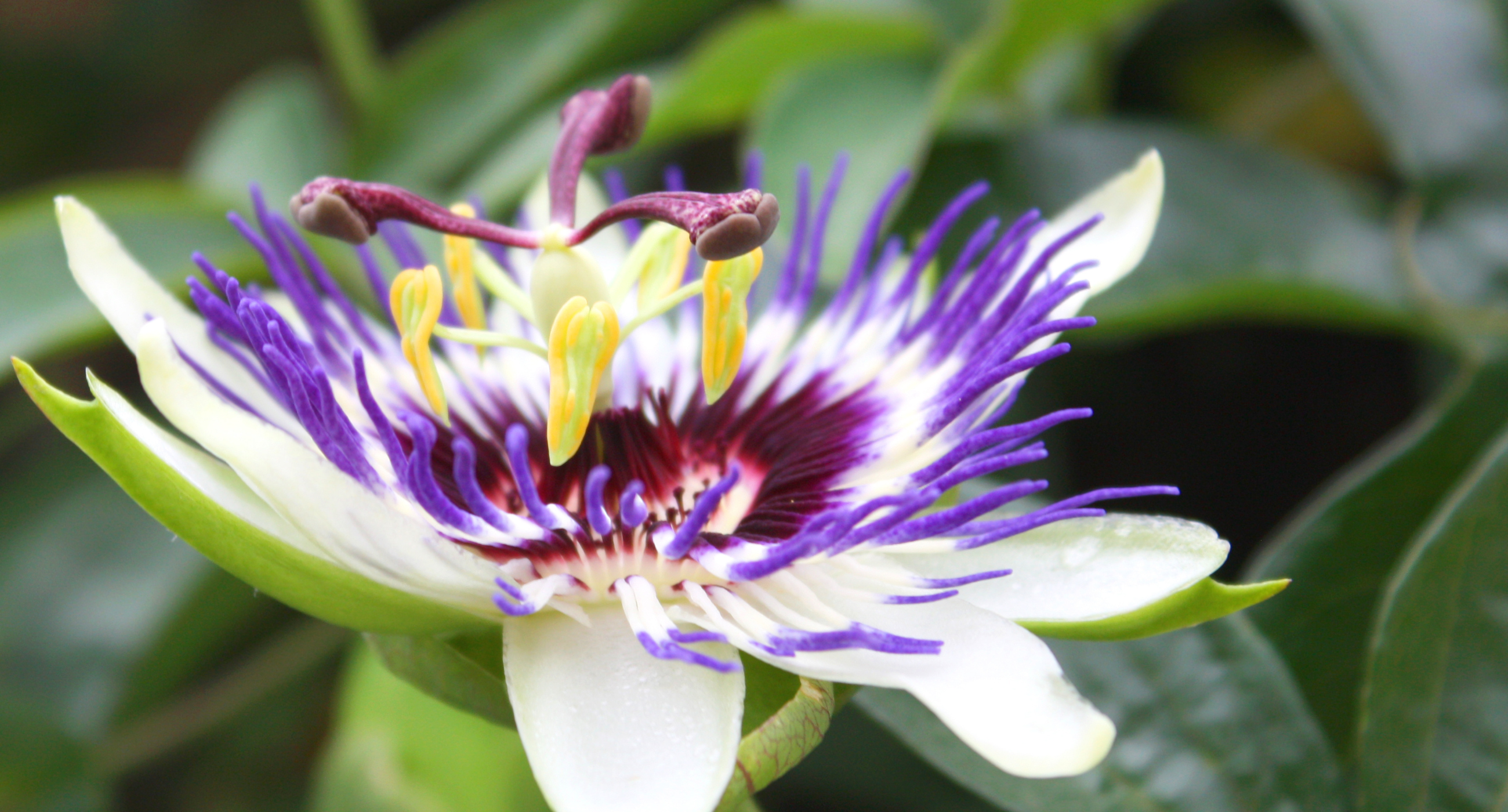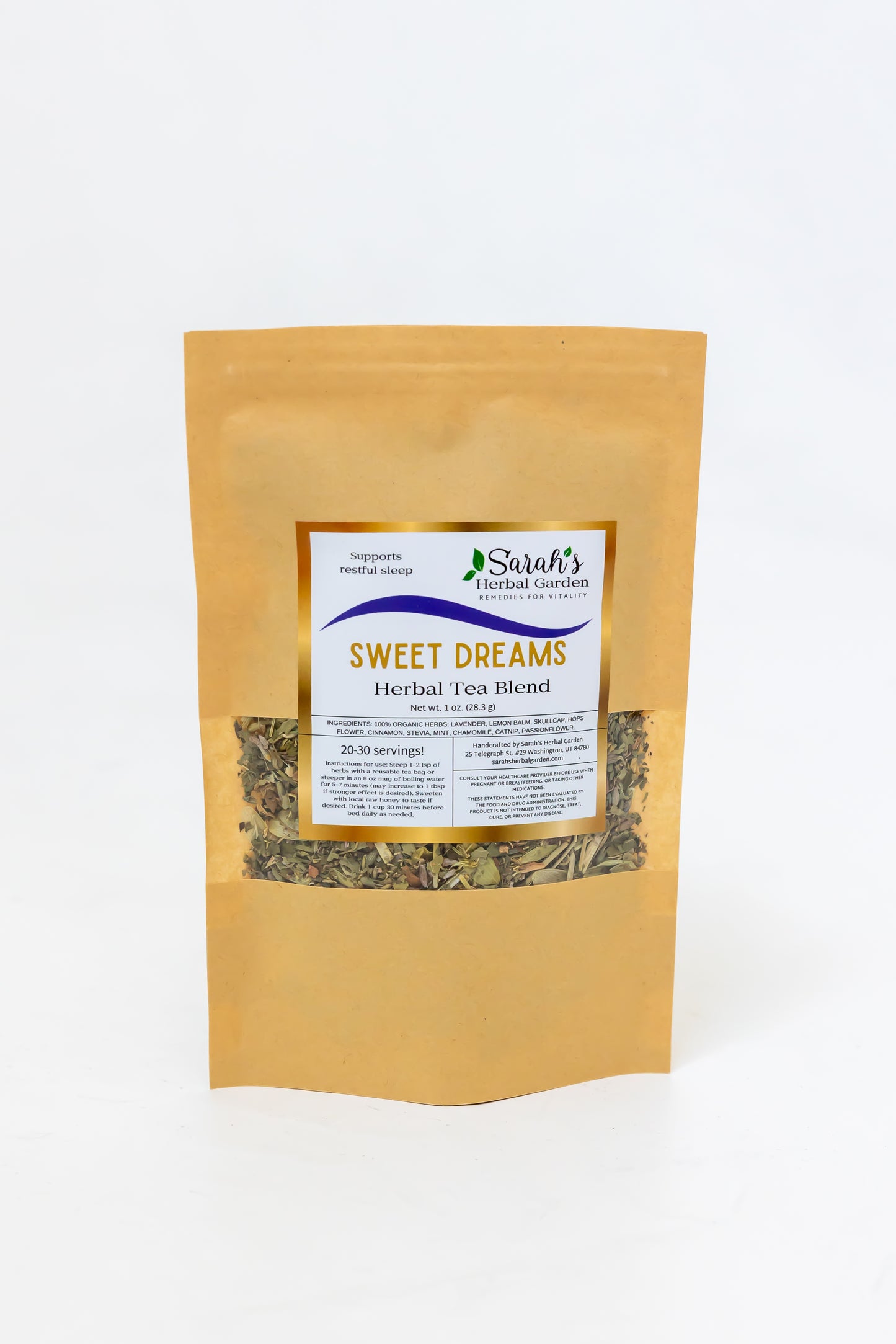
Passionflower
Scientific Name: Passiflora incarnata
Herbal Profile: Passionflower (Passiflora incarnata)
Botanical Information
- Scientific Name: Passiflora incarnata
- Common Names: Passionflower, Maypop, Apricot Vine, Wild Passion Vine
- Family: Passifloraceae
Plant Description
Passionflower is a perennial climbing vine native to the southeastern United States. It has large, intricate flowers with white petals and a purple corona. The plant also produces edible fruit known as maypops.
Active Constituents
- Flavonoids: Apigenin, luteolin, quercetin, kaempferol
- Alkaloids: Harman, harmine
- Glycosides: Passiflorine
- Others: Chrysin, vitexin, isovitexin
Medicinal Uses
Passionflower has been traditionally used for its calming and sedative properties. It is commonly utilized to address:
- Anxiety and Stress: Helps reduce symptoms of anxiety and promotes relaxation.
- Insomnia: Used as a natural remedy to improve sleep quality.
- Nervousness: Calms nervous tension and restlessness.
- Gastrointestinal Issues: May alleviate symptoms of nervous stomach and gastrointestinal discomfort.
Methods of Preparation
- Tea: Infuse 1-2 teaspoons of dried passionflower in a cup of boiling water for 10-15 minutes.
- Tincture: Typically taken in doses of 20-40 drops, three times daily.
- Capsules/Tablets: Follow the manufacturer's recommended dosage.
- Extracts: Available in various forms, including liquid extracts standardized to specific active constituents.
Dosage
- Tea: 1-2 cups daily
- Tincture: 20-40 drops, three times daily
- Capsules/Tablets: As per product instructions
Safety and Precautions
- Side Effects: Generally well-tolerated; may cause dizziness, confusion, or drowsiness in high doses.
- Pregnancy and Breastfeeding: Consult a healthcare provider before use.
- Interactions: May interact with sedative medications, blood thinners, and MAO inhibitors. Always consult a healthcare professional before combining with other medications.
Additional Notes
- Passionflower is often combined with other calming herbs such as valerian, chamomile, and lemon balm for enhanced effects.
- It is important to use products from reputable sources to ensure quality and safety.
1
/
of
2
Sarah's Herbal Garden
Sweet Dreams {Herbal Tea Blend for Sleep}
Regular price
$12.00 USD
Regular price
$0.00 USD
Sale price
$12.00 USD
Unit price
/
per
Shipping calculated at checkout.
Share


